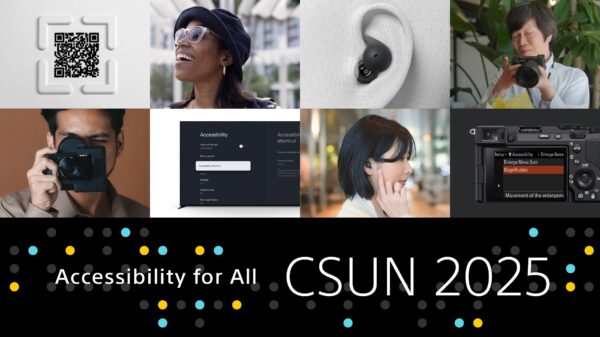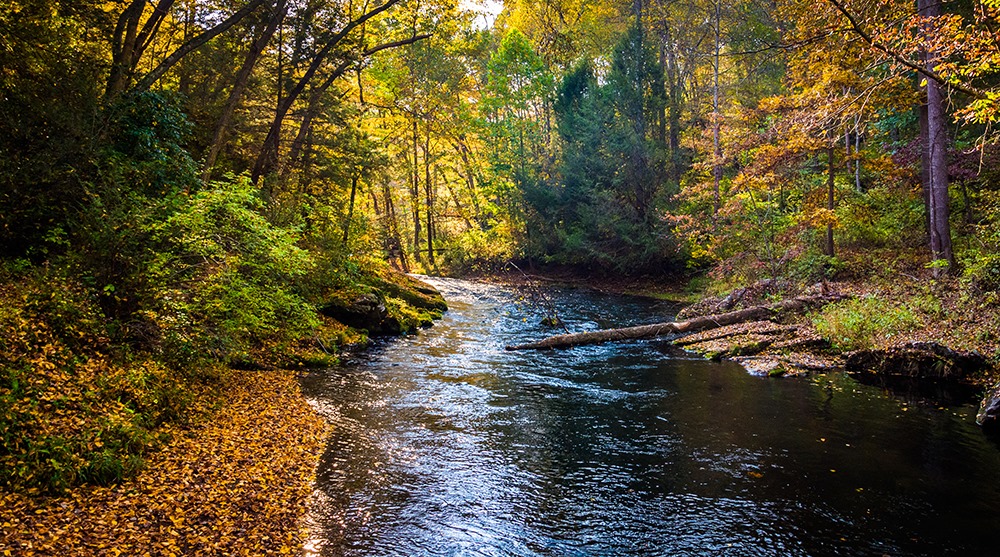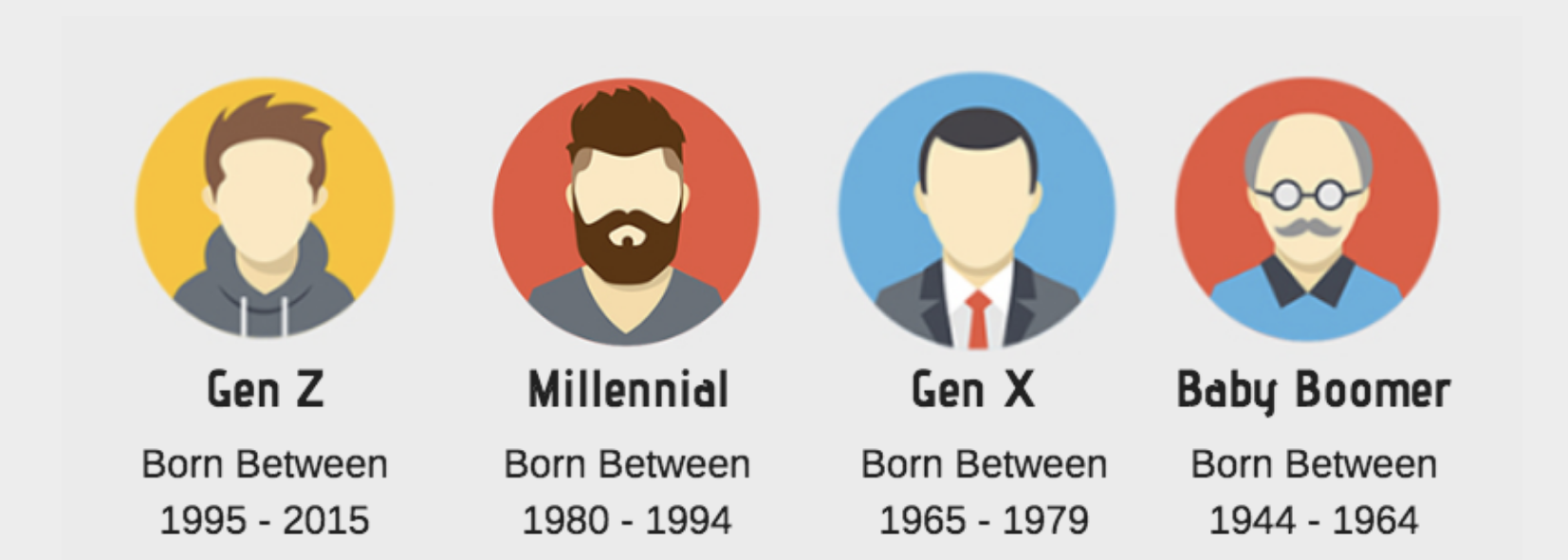The American Forest Foundation and The Nature Conservancy today announced a new partnership with REI Co-op, the nation’s largest membership-based co-op and outdoor retailer, to empower America’s rural family forest owners to manage their forests in ways that sequester and store more carbon. The partnership will support the Family Forest Carbon Program, a joint forest carbon project of the American Forest Foundation (AFF), a national conservation non-profit that specializes in family-owned forestland, and The Nature Conservancy (TNC), a global conservation organization.
“REI focuses its work at the intersection of people and planet. AFF and TNC have done the same in their creation of the Family Forest Carbon Program,” said Matt Thurston, Director of Sustainability at REI. “The program is at the forefront of forest carbon strategies, using ground-breaking approaches that help small landowners join the fight against climate change.”
The Family Forest Carbon Program is a new forest carbon program rooted in high-integrity climate impact and support for small rural forest owners. The program provides land-owning families with expert conservation guidance and resources along with the financial assistance to actively engage in practices that improve forest health and productivity. The practices not only increase the carbon sequestered and stored in the forests, they also can deliver important co-benefits such as improved water quality, wildlife habitat and increased long-term forest resiliency.
The Family Forest Carbon Program measures and verifies the carbon captured through the program using a revolutionary new carbon accounting methodology that provides a transparent and credible carbon credit to the marketplace. Inspired by how control groups are used in medical trials, the Family Forest Carbon Program’s methodology uses scientific data to compare the carbon sequestration of enrolled properties that receive conservation and financial support to similar properties that are not enrolled in the program. This allows the program to remove a projected baseline and focus on observed and measurable data. This new methodology was designed by a team of experts, including representatives from TNC, AFF and TerraCarbon, and is on track to be approved by Verra’s Verified Carbon Standard at the end of this year.
“Everyone has a role to play in the fight against climate change–from national corporations to small landowners,” said Rita Hite, Executive Vice President of External Affairs at AFF. “Our goal with the Family Forest Carbon Program is to enact meaningful and lasting carbon sequestration and storage, by including family-owned forestland in carbon markets. REI’s partnership demonstrates their strong commitment to the fight against climate change and advancing more sustainable and inclusive business practices that address the climate crisis.”
Families and individuals, owning anywhere from 20 to 2,000 acres, collectively own the largest portion–39 percent–of the forestland across the United States. While family forest owners cite they care about their land and want it to be healthy into the future, the majority are unable to do so. The main barriers are the lack of technical expertise and the high cost of management.
“If we are going to tackle the dual threats of climate change and biodiversity loss, we have to protect, restore, and sustainably manage forests – especially U.S. family forests,” said Matt Arnold, Global Lead, Impact Finance & Markets, for TNC. “Family forests have tremendous potential to sequester carbon through improved forest management practices. Yet they face unprecedented challenges due to climate change. This partnership with REI and AFF will allow us to continue removing the barriers smaller landowners often face, including carbon market access, lack of forest management expertise, and costs.”
The Family Forest Carbon Program first began enrolling landowners in portions of Pennsylvania in 2020, with expansions underway throughout the Central Appalachians, upper Midwest and Northeast U.S. The program plans to hold its first measurement and verification cycle of the performance of the forest practices in 2022, leading to the first transfer of verified carbon credits to buyers, like REI, thereafter. The program is signing long-term offtake agreements for the purchase of verified carbon credits with companies who are taking a comprehensive approach to their climate goals—first reducing emissions before working to neutralize those they cannot eliminate.































